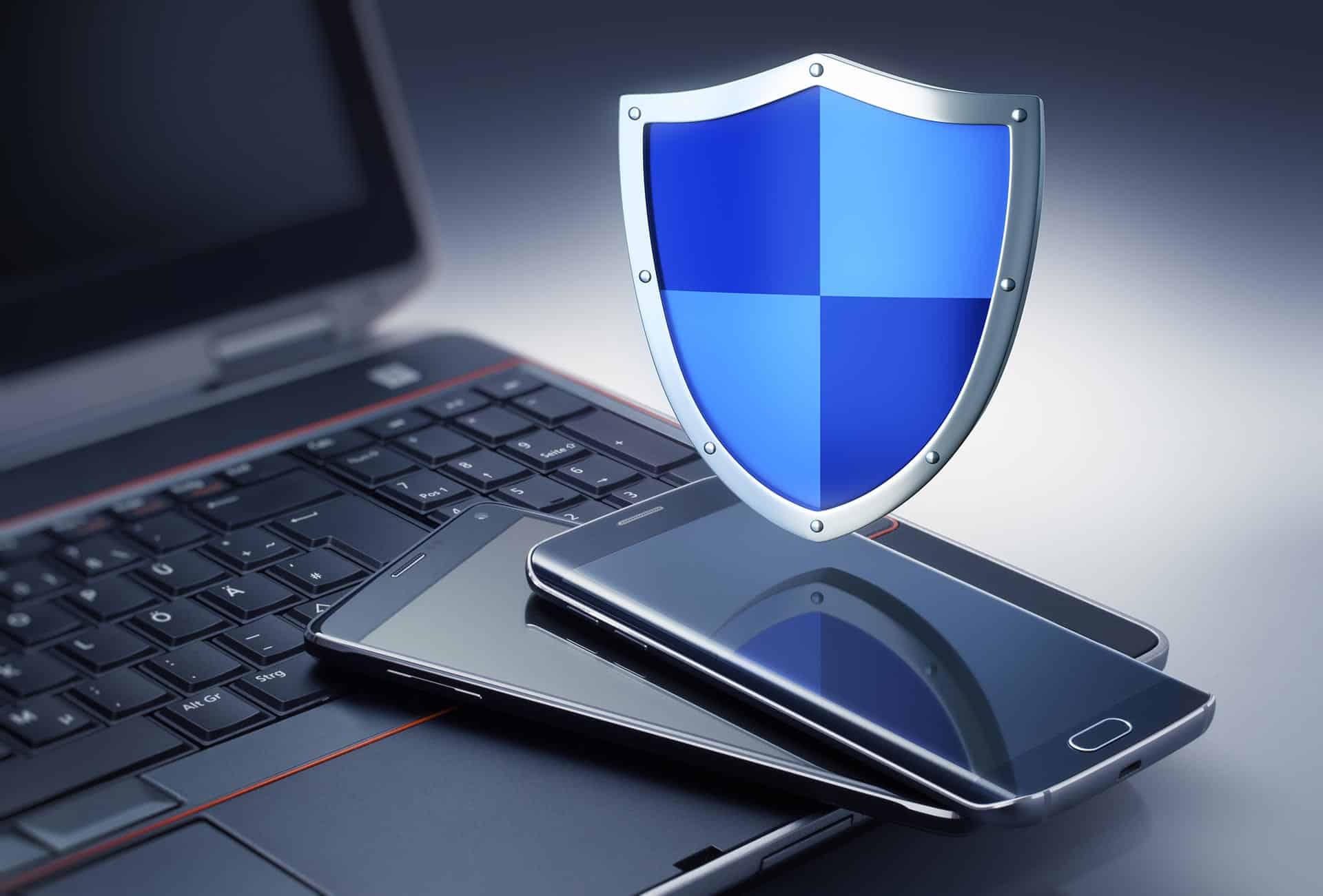
Large business data breaches, such as last year’s Equifax hack, always make headlines. However, small and medium-sized businesses are also vulnerable to data hacks. That is unless they put thoughtful security measures in place. Even smaller businesses typically hold private information about their employees such as SSN, date of birth, family members, and other private information that hackers love. Other private data such as email addresses, credit card and banking information, and other information about clients is typically gathered and stored by smaller businesses, just like major corporations.
In some cases, hackers deliberately target smaller businesses in the hopes their security defenses are not as robust as some of the larger targets. In this post, we will outline some potential weaknesses that smaller businesses need to address so they can prepare a hacker-proof plan that will help safeguard them against potential threats.
PoS Systems
If your organization uses a point-of-sale system, unless properly secured, a hacker can try to use it to make unauthorized credit card charges. These types of systems come with preloaded software that is easily hacked into through an unsecured access point.
Unsecured Wi-Fi
Some smaller businesses like to offer public Wi-Fi access in the hopes of garnering more customers. However, this type of access should never be used to conduct any real corporate activity. If an organization wants to offer public Wi-Fi, that’s fine. However, employees need to understand they should never use it for work-related activities. Even if secure company systems are down temporarily.
Website
Hackers especially like to target websites that gather credit cards and other personal information. They might also attempt to find loopholes allowing them to gain access to company databases.
Hackers still attempt to confuse employees by creating seemingly legitimate emails. This is an attempt to convince them to click on links leading to malicious sites. Or to impart private company information to untrustworthy sources.
Other Hardware
If the only thing between corporate data and a hacker is a four-digit password on a mobile device, the potential for hacking is enormous. Especially if businesses do not enforce password policies, access to company data may be as easy as entering “1234” in a screensaver. Hackers also look for vulnerabilities in servers and PCs in order to steal admin passwords and/or inject malware.
Clearly, every business needs to ensure a thorough IT security solution is part of the bedrock that forms their company foundation. For more information on a total security solution, please contact us.





